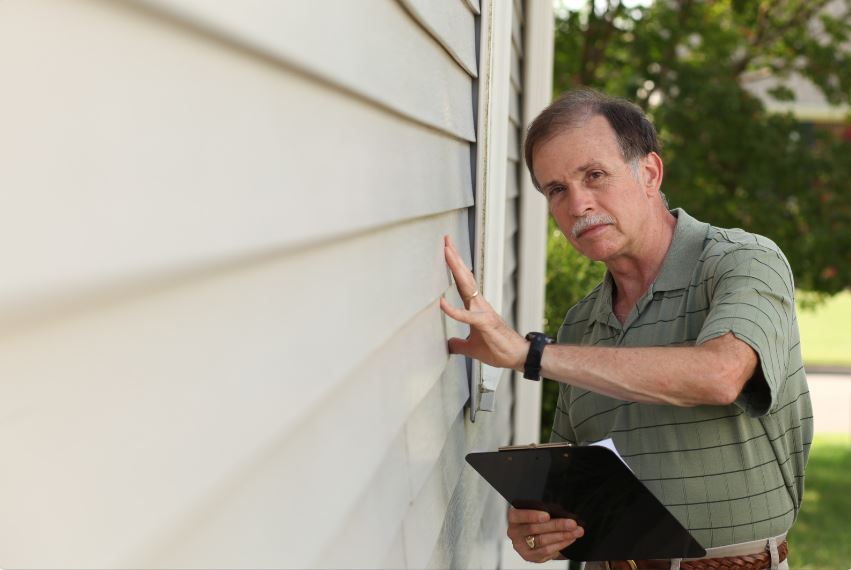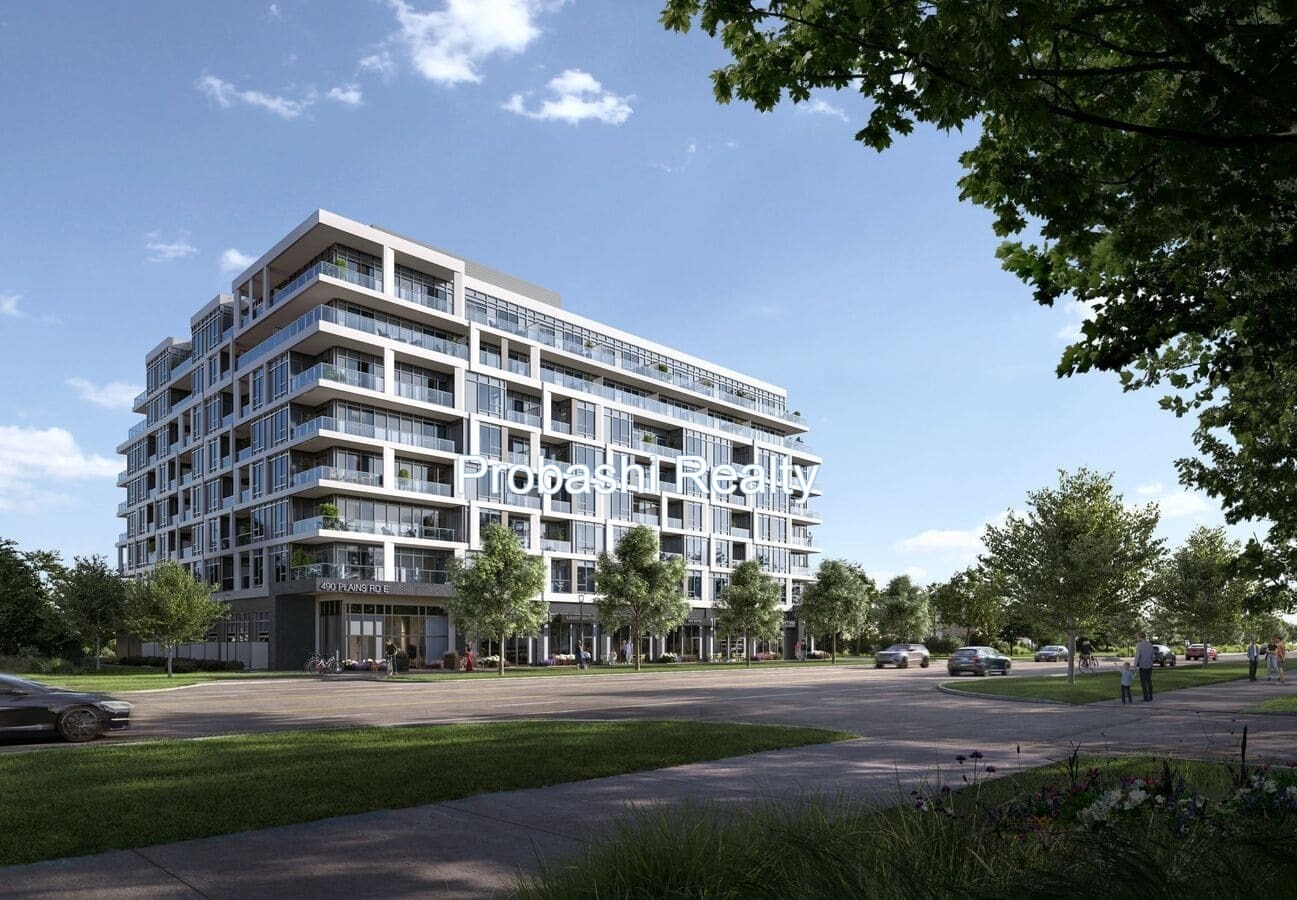What Is A Home Inspection?
A home inspection is like a thorough check-up for a house before it gets sold. The inspector looks at everything from the walls and roof to the plumbing and electricity to make sure everything works well and is safe. They also look for any problems that could lower the house’s value or cause safety concerns, like fire hazards or damage. It’s basically making sure the house is in good shape before someone buys it.

all about Home Inspection In France
In France, home inspections, known as “diagnostics immobiliers” or “expertise immobilière,” are an integral part of the real estate transaction process. They provide valuable information about the condition of a property and help ensure transparency between buyers and sellers. Here’s an overview of how home inspections typically work in France:
-
Purpose: The primary purpose of a home inspection in France is to assess the condition of a property and identify any potential issues or risks. These inspections are mandatory for certain diagnostics, and they help buyers make informed decisions about purchasing a property while also assisting sellers in complying with legal requirements.
-
Types of Inspections: In France, there are several mandatory property diagnostics that must be conducted before selling or leasing a property. Some of the most common diagnostics include:
- DPE (Diagnostic de Performance Energétique): This energy performance assessment rates the property’s energy consumption and carbon emissions.
- Termites Inspection: In areas prone to termite infestation, a diagnostic examination is required to detect the presence of termites or wood-boring insects.
- Asbestos Inspection: Properties built before 1997 must undergo an asbestos inspection to identify any asbestos-containing materials.
- Lead Paint Inspection: Homes built before 1949 are subject to a lead paint inspection to assess the presence of lead-based paint.
- Electricity and Gas Installations Inspection: Assessments of the property’s electrical and gas installations to ensure compliance with safety standards.
-
Process: Home inspections in France are typically conducted by certified professionals who specialize in specific diagnostics. These inspectors thoroughly examine the property and perform tests as necessary to assess its condition accurately. The scope and duration of the inspection may vary depending on the type of diagnostics required.
-
Legal Requirements: Many of the property diagnostics mentioned above are legally required in France before selling or leasing a property. Sellers are obligated to provide these diagnostics to prospective buyers or tenants as part of the sales or rental process. Failure to comply with these legal requirements can result in penalties or legal consequences.
-
Choosing an Inspector: It’s crucial to hire a certified and experienced inspector for the job. Look for professionals who are qualified to perform the specific diagnostics required for the property. You can verify their certification and credentials through relevant regulatory bodies or professional associations.
-
Report: After completing the inspections, the inspector provides detailed reports for each diagnostic conducted. These reports include findings, recommendations, and any necessary corrective actions. Buyers can use this information to negotiate terms with sellers or request further evaluations if needed.
-
Cost: The cost of home inspections in France varies depending on the type and scope of diagnostics required, as well as the size and location of the property. Sellers typically bear the cost of these inspections as part of the overall transaction expenses.
Overall, home inspections in France serve to protect both buyers and sellers by providing essential information about the property’s condition and ensuring compliance with legal requirements.













